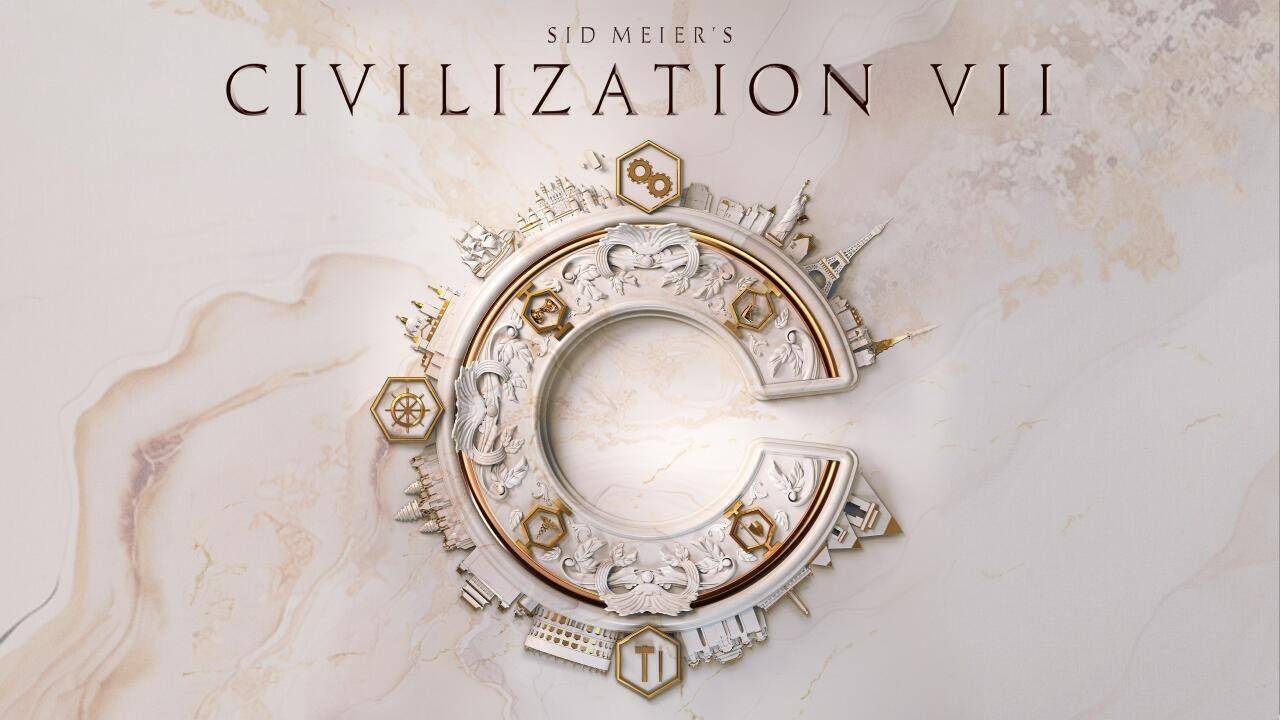
Civilization VII: Initial Reviews Reveal a Mixed Bag
With Sid Meier's Civilization VII launching next week, the review embargo has lifted, offering a glimpse into the game's strengths and weaknesses. Several key takeaways emerge from the initial wave of reviews.
A major point of praise centers around the new Era System, a significant departure from previous iterations. This system emphasizes the dynamic evolution of civilizations over time, unlike the static progression of earlier games.
This era-based structure directly addresses past criticisms, such as excessively long gameplay sessions and the potential for runaway victory by a single civilization. The three distinct eras each offer unique technological advancements and strategic approaches, providing a refreshing sense of variety.
The flexibility to pair leaders with different civilizations is another highly appreciated feature. This innovative mechanic significantly enhances strategic depth, allowing players to experiment with unconventional combinations of leader abilities and civilization strengths, even if it means sacrificing historical accuracy.
Reviewers also lauded improvements in city placement, resource management, district construction, and a more user-friendly interface. However, some felt the streamlined UI sacrificed depth.
Conversely, several criticisms surfaced. Many reviewers found the maps too small, diminishing the grand scale that defined previous Civilization titles. Technical issues, including bugs and frame rate drops when accessing menus, were also reported. Furthermore, the abrupt ending of some matches, leaving players uncertain about the final result, proved to be a significant concern.
Given the immense scope and replayability inherent in a Civilization game, a definitive judgment requires extensive community engagement and exploration of all strategic possibilities. Nevertheless, these initial reviews provide a valuable initial assessment of Civilization VII.
 Home
Home  Navigation
Navigation






 Latest Articles
Latest Articles










 Latest Games
Latest Games




![Chubby Story [v1.4.2] (Localizations)](https://imgs.xddxz.com/uploads/85/1719638042667f981a5e9f8.jpg)

![Zia – New Version 0.4 [Studio Zia]](https://imgs.xddxz.com/uploads/47/1719569268667e8b74e6004.jpg)




